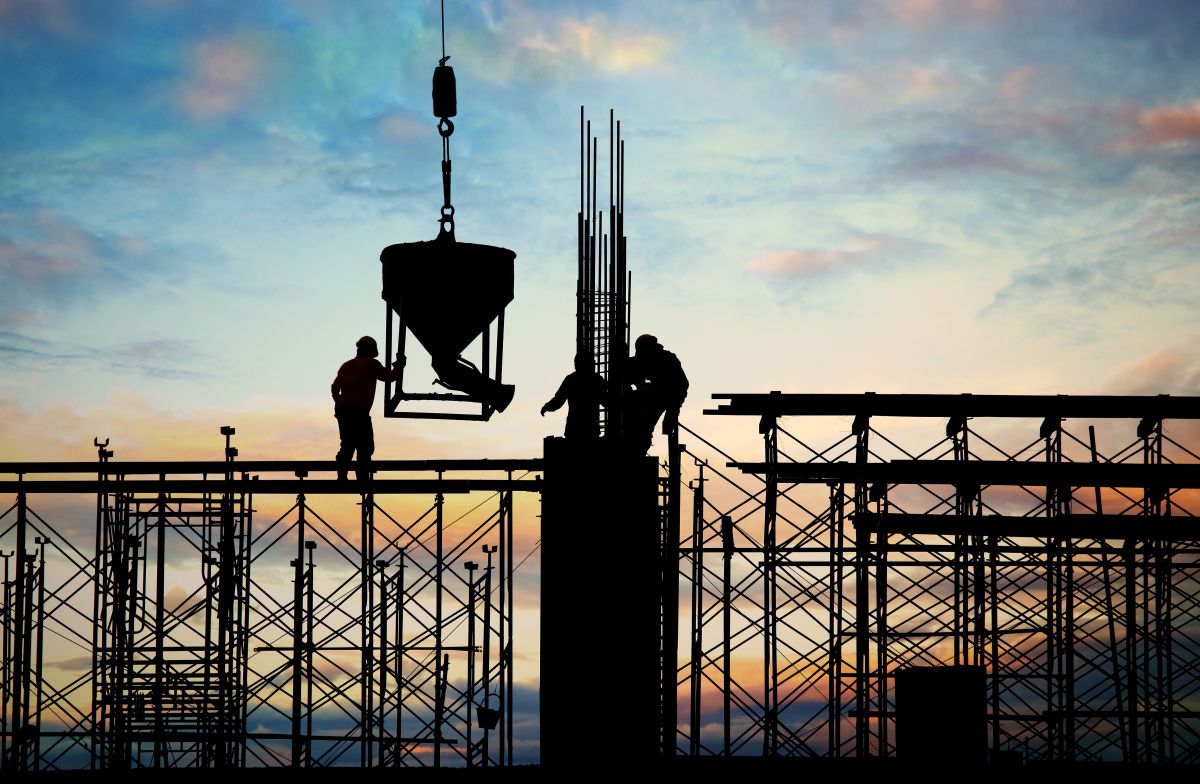The Real Estate Market in Bangkok: Trends, Opportunities, and Insights
Bangkok, the bustling capital of Thailand, is more than just a cultural and economic hub. Over the past few decades, it has emerged as one of Asia’s most dynamic real estate markets. With its growing population, expanding middle class, and increasing demand for residential, commercial, and industrial properties, Bangkok offers lucrative opportunities for both local and international investors.In this blog, we’ll dive into the current state of Bangkok’s real estate market, explore key investment opportunities, and provide insights for potential investors.Why Invest in Bangkok Real Estate?
Bangkok’s real estate market continues to attract investors for several compelling reasons:- Urbanization and Population Growth
Bangkok, home to over 10 million people, is experiencing rapid urbanization. The demand for housing, especially in prime locations, continues to rise as people migrate to the city for work, education, and business opportunities. - Strong Rental Demand
With its thriving expat community and a large number of students and professionals, Bangkok has a consistent demand for rental properties. Areas near business districts and international schools are particularly attractive for rental investments. - Affordability Compared to Other Global Cities
Bangkok’s real estate market is relatively affordable when compared to other metropolitan cities like Hong Kong, Singapore, or Tokyo. This affordability makes it an appealing option for foreign investors looking for high-value property at a lower cost. - Infrastructure Development
The Thai government is heavily investing in infrastructure projects, such as new skytrain (BTS) and subway (MRT) lines, expressways, and airports. These developments are expanding connectivity and increasing property values in previously underdeveloped areas. - Legislation Favorable to Foreign Investors
While foreigners cannot own land in Thailand, they can fully own condominium units, provided foreign ownership in the building does not exceed 49%. This has made condominiums the most popular choice for foreign investors.
Current Trends in Bangkok’s Real Estate Market
The Bangkok real estate market has seen several significant shifts in recent years. Here are some current trends shaping the market in 2025:- Demand for Luxury Condominiums
High-end condominiums in prime areas like Sukhumvit, Silom, and Sathorn remain in demand. These areas are hotspots for expats, professionals, and affluent locals. Luxury properties often come with attractive amenities like rooftop pools, gyms, and concierge services. - Suburban Growth
As central Bangkok becomes more crowded and expensive, there’s growing interest in suburban areas like Bang Na, Ratchada, and Lat Phrao. These areas are becoming increasingly accessible due to new transportation links and offer more affordable housing options. - Rise of Mixed-Use Developments
Developers in Bangkok are increasingly focusing on mixed-use projects that combine residential, commercial, and retail spaces. Popular examples include Iconsiam and One Bangkok, which integrate luxury living with shopping malls, offices, and entertainment facilities. - Growth in the Rental Market
The rental market remains strong, particularly for condominiums near BTS and MRT stations. This is driven by demand from expats, international students, and young professionals who prioritize convenience and accessibility. - Post-Pandemic Recovery
The COVID-19 pandemic initially slowed down the market, but 2023-2025 has seen a recovery with renewed foreign interest. International buyers from China, Singapore, and Japan are returning to Bangkok’s real estate market, particularly in the luxury and mid-range segments.
Best Areas to Invest in Bangkok
Bangkok offers a variety of neighborhoods catering to different investment goals. Here are some of the best areas to consider:- Sukhumvit
Sukhumvit is one of Bangkok’s most popular areas for real estate investment. Known for its vibrant nightlife, upscale shopping malls, and international schools, Sukhumvit attracts affluent locals and expats alike. Properties near BTS stations like Thong Lo and Phrom Phong are especially desirable. - Silom and Sathorn
These areas are Bangkok’s central business districts (CBDs) and are ideal for those looking to invest in commercial or luxury residential properties. Sathorn, in particular, is known for high-rise condominiums with stunning city views. - Ari
Ari is a trendy and upscale residential neighborhood known for its boutique cafes, green spaces, and laid-back vibe. It’s an attractive area for young professionals and families looking for a quieter alternative to the bustling city center. - Bang Na
Bang Na is rapidly growing thanks to its proximity to Suvarnabhumi Airport and the Bangkok International Trade and Exhibition Center (BITEC). It’s becoming a hub for affordable condominiums and suburban housing. - Rama IX (New CBD)
Rama IX is being developed into Bangkok’s “New CBD” with projects like The Grand Rama 9. It’s an up-and-coming area for office spaces, luxury apartments, and shopping malls.
Investment Strategies for Bangkok Real Estate
Here are some tips for investors looking to enter Bangkok’s real estate market:- Focus on Proximity to Infrastructure
Properties near BTS, MRT, or upcoming transit lines tend to appreciate faster and offer higher rental yields. Transportation convenience is a top priority for renters and buyers in Bangkok. - Consider Long-Term Value
While luxury condominiums in the city center may offer short-term gains, suburban areas like Bang Na and Ratchada have strong potential for long-term appreciation due to ongoing infrastructure projects. - Target the Rental Market
If your goal is rental income, invest in condominiums with modern amenities in areas popular with expats, students, and young professionals. Units with 1-2 bedrooms typically have the highest demand. - Consult Local Experts
Navigating Thailand’s real estate laws and property market can be complex for foreign investors. Partnering with a reputable real estate agent, lawyer, or investment advisor is highly recommended. - Leverage Foreign Ownership Rules
As a foreigner, you can legally own condominium units in Thailand. Ensure the building complies with the foreign ownership cap (49%) and purchase in established neighborhoods to minimize risks.
Challenges to Be Aware Of
While Bangkok’s real estate market offers immense opportunities, investors should also consider the following challenges:- Market Saturation in Certain Areas: Some areas, like Sukhumvit, have a high supply of condominiums, which can lead to slower price appreciation.
- Legal Restrictions: Foreigners cannot own land, which limits options to condominiums or leasehold agreements.
- Economic Fluctuations: As with any market, economic conditions (such as inflation or currency fluctuations) can impact property prices and rental yields.
Conclusion
Bangkok’s real estate market is a dynamic and rewarding space for investors, offering opportunities across luxury condominiums, affordable housing, and mixed-use developments. With its growing population, thriving economy, and government-backed infrastructure projects, the city is well-positioned for long-term growth.Whether you’re looking to invest in high-end properties in Sukhumvit or exploring up-and-coming areas like Bang Na, Bangkok’s real estate market has something for everyone. By focusing on prime locations, leveraging expert advice, and staying informed about market trends, investors can make the most of this vibrant market.Are you ready to start your real estate investment journey in Bangkok? Let us guide you with expert insights and personalized advice!Related posts
October 5, 2022


